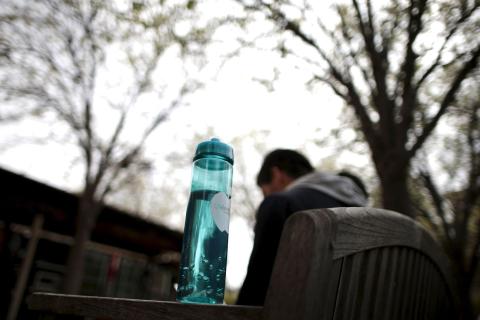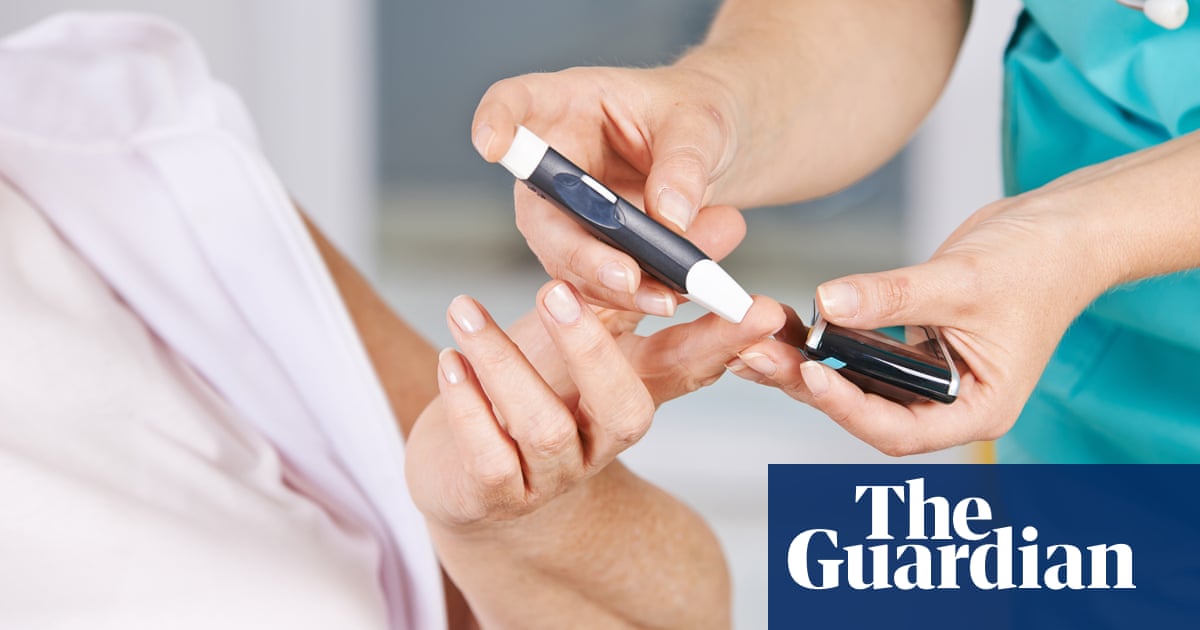
When people speak about the healthy effects of fasting, they say it benefits all the systems in our body except the kidneys. However, a new study published in the latest issue of the journal Transplantation Proceedings, reports that fasting does not affect kidneys.
It was thought that fasting increase the levels of serum creatinine because of dehydration, which usually indicates a kidney dysfunction. But the new study, carried out by researchers at the Nablus University Hospital, Palestine, found that fasting does not harm the kidneys.
The study involved 58 healthy subjects who were randomly divided into two groups. The hydrated group drank 2 to 3 L of fluid from sunset to the dawn of the next day, while the control group drank fluids in regular amounts. Kidney function was measured before, during, and 1 month after Ramadan.
The researchers found that “Ramadan fasting was not associated with a permanent increase in serum creatinine or urea. For those groups with a high fluid intake, serum creatinine and urea were significantly lower than the controls, suggesting a favorable effect of hydration during the non-fasting hours. This compensated with the dehydration occurring during daylight, as dehydration is responsible for increased concentrations of urea and creatinine.”
“This study adds further evidence that Ramadan fasting does not affect the renal system of healthy subjects; however, fluids should be increased at night, during non-fasting hours,” they added.
For his part, Khaled el-Feki, kidney expert at the Egyptian health ministry, said “the results of this study apply to healthy people and should not be considered for kidney patients.”
“Those patients are advised not to fast because they need to drink fluids constantly. But in case they insist to fast, they should be urged to drink a lot of fluids between sunset and dawn,” he told Asharq Al-Awsat.
“Those patients should also pay attention for some alerting signs and break their fast immediately when they feel swelling in the legs, nausea and vomiting, serious drop in blood sugar and blood pressure, and less or no urine,” he concluded.












